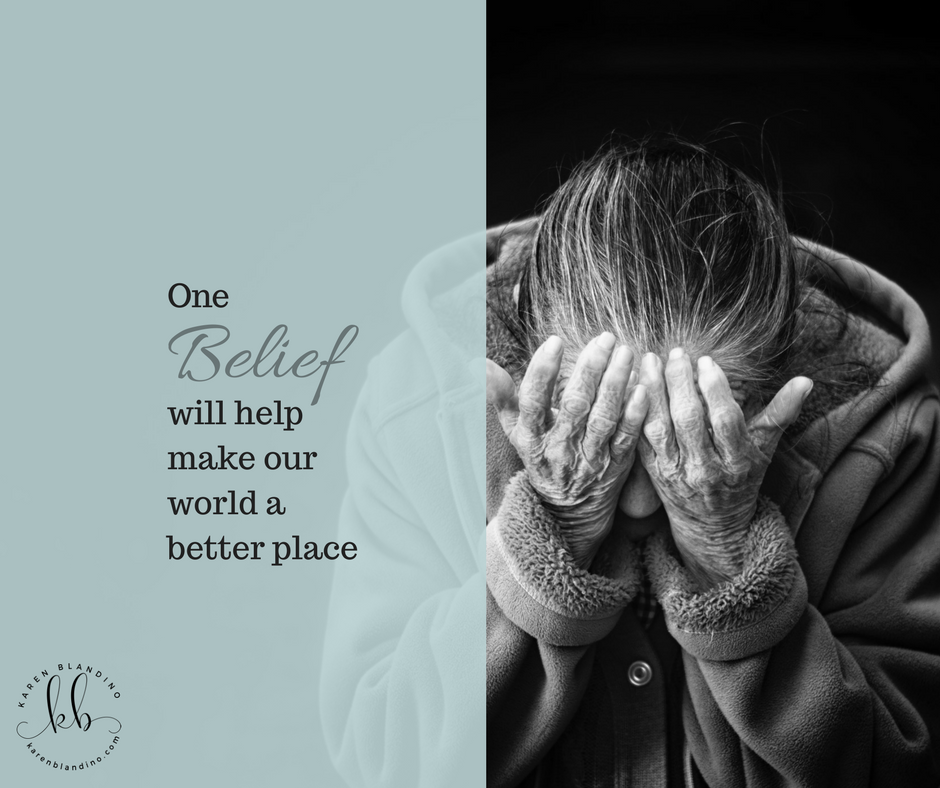I have a belief that people come first.
“The difference between the right word and the almost right word is the difference between lightning and the lightning bug.” – Mark Twain
I have a weird quirky belief that I don’t like to shop or eat at places that dehumanize people with their brand labels. For example, people don’t shop in barns; animals live in barns. Nor do I need to be corralled like cattle when I go out to eat. It’s a weird quirk, but I feel it’s belittling to people.
You may think my quirk is being oversensitive, and you may be right. However, history shows us hundreds of examples of dehumanizing language used to harm – slavery, Holocaust, and the Rwanda genocide, just to name a few. In each of these atrocities, humans were characterized as sub-human, referred to as some type of animal or un-human commodity to be sold or eliminated. This was seen in Germany during the 1930’s when Jewish people were referred to as rats, and the handicapped and homosexuals were portrayed as less than human. Each of the propaganda campaigns resulted in millions of beautiful human lives being slaughtered by their fellow citizens.
Although, we would like to assume this only happened years ago, it is still happening in our world today. The poor are being used as slaves all over the globe. They are considered to be plentiful and disposable.
Author, Dr. David Livingstone Smith wrote, “Dehumanization isn’t a way of talking. It’s a way of thinking—a way of thinking that, sadly, comes all too easily to us.”
What are some ways we can prevent thinking with dehumanizing language or societal prejudices—negative stereotypes that demean?
I first heard of this concept in my counseling program. It was called “People First Language.“ “People first language” is simply remembering that people are first people. The emphasis is on being human, not our limitations. For example, when referring to a disability—they are a person with a disability. Think of how that person would introduce himself or herself to you, “Hi, I am Karen.” They would not say, “Hi, I am disability.“ We use our name to identify and connect who we are to others.
Although the majority of people do not have any ill intent when calling a person by a label such as disabled, mentally ill, handicapped or any other adjective often used to describe people. The slippery slopes are when these labels become detached from associating the person as a human being; it becomes dehumanizing and societal prejudices begin to grow. It then becomes easy to forget empathy, kindness, and to lose the human connection.
So let me get personal…
How do we refer to our neighbor who is undocumented or the family who escaped to America for safety? How do we refer to an unborn baby? What about the person who has less than you? Or the person whose skin color is different than yours?
Isaiah 43:1 “Fear not, for I have redeemed you; I have called you by name, you are mine.
God always calls us by our name…not by our ethnicity, societal labels, disability or even our sin. He calls us by our name; He calls us his sons and daughters. He calls us beautiful, lovely, His creation—we, all, everybody, everyone who has been conceived on this earth—are His children.
If God refers to us in these beautiful words, in turn, are we not to refer to our brothers and sisters the same? As we allow God to draw us to Him, to shape our hearts, our mouth will speak words of connection to one another.
Luke 6:45 instructs us, “The good person out of the good treasure of his heart produces good, and the evil person out of his evil treasure produces evil, for out of the abundance of the heart his mouth speaks.”


